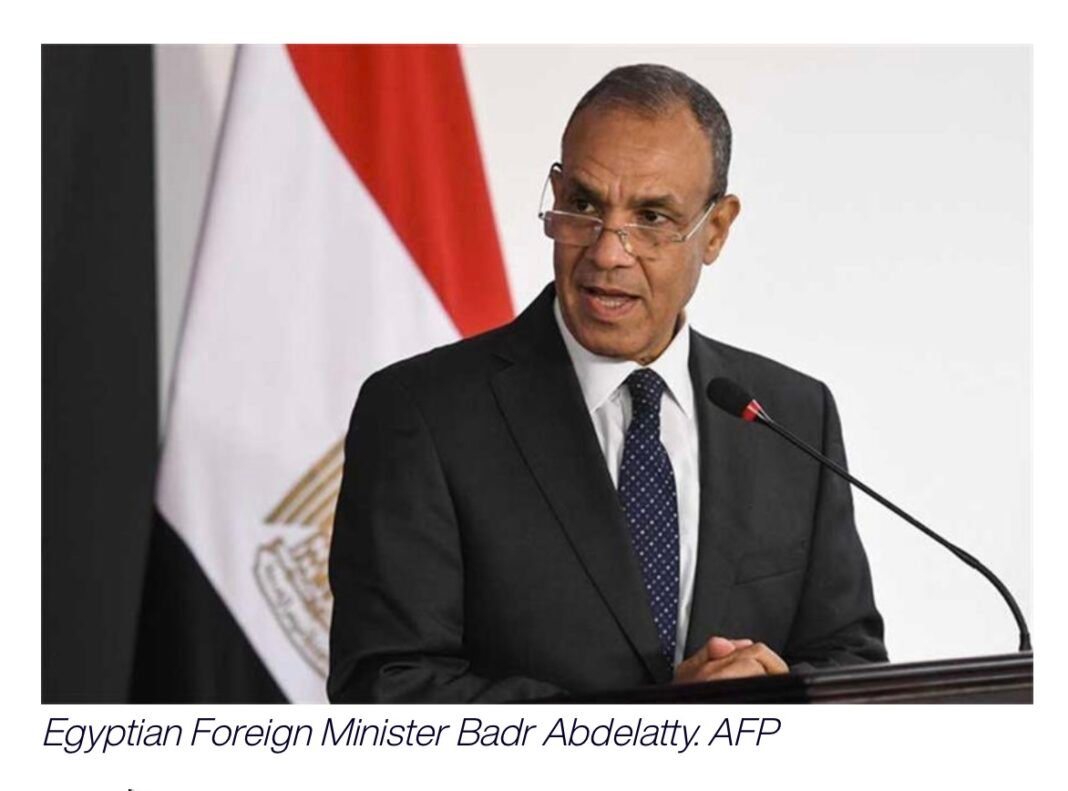Cairo – Egypt’s Foreign Minister, Badr Abdelatty, announced on Monday that negotiations between Egypt, Ethiopia, and Sudan over the Grand Ethiopian Renaissance Dam (GERD) have collapsed, marking a major setback in diplomatic efforts to resolve the long-running dispute.
Describing the outcome as “unfortunate,” Abdelatty emphasized that Egypt had consistently sought a constructive resolution through dialogue.
However, the talks failed to produce an agreement, ending in what he called a complete deadlock.
“We have made it clear that the negotiation process has reached a dead end,” the minister stated.
The breakdown in talks comes amid renewed tensions between Egypt and Ethiopia. Egypt has accused Ethiopia of moving ahead with filling the dam unilaterally, without securing a binding trilateral agreement that addresses the concerns of all parties.
The Nile River dispute between Egypt and Ethiopia centers on the Grand Ethiopian Renaissance Dam (GERD), a massive hydroelectric project on the Blue Nile, a major tributary of the Nile. Egypt, heavily reliant on the Nile for its water supply, views the dam as a potential threat to its water security, while Ethiopia sees it as crucial for its development and energy needs. The dispute has been ongoing for years, with multiple failed attempts at reaching a comprehensive agreement.
• Egypt’s Water Security:
Egypt relies on the Nile for over 90% of its water supply and fears that the dam’s operation, particularly during periods of drought, could significantly reduce the flow of water downstream, impacting its agriculture and drinking water availability.
• Ethiopia’s Development Needs:
Ethiopia, a developing nation with limited access to electricity, sees the GERD as vital for powering its economic growth and providing electricity to its population.
• Historical Agreements:
Egypt and Sudan have historically held agreements on Nile water allocation, which Ethiopia was not a party to. These agreements are viewed by Ethiopia as unfair and outdated, as they don’t reflect the current realities of the Nile Basin.




